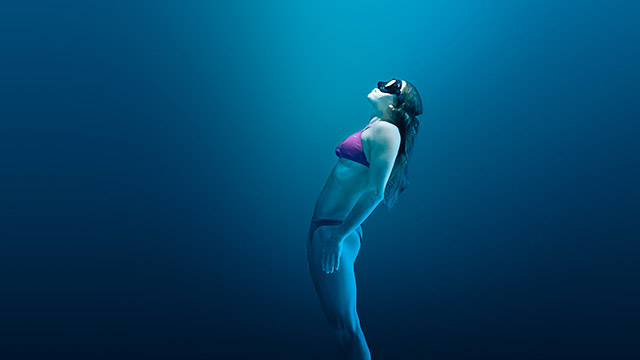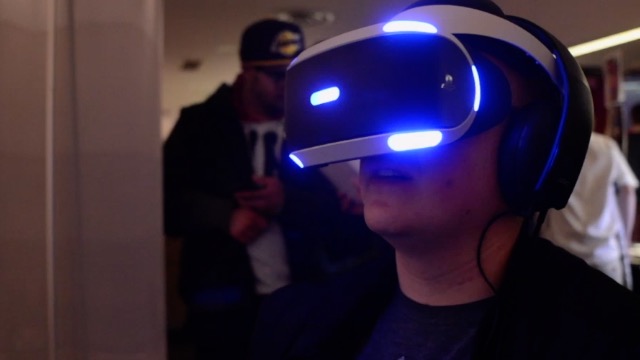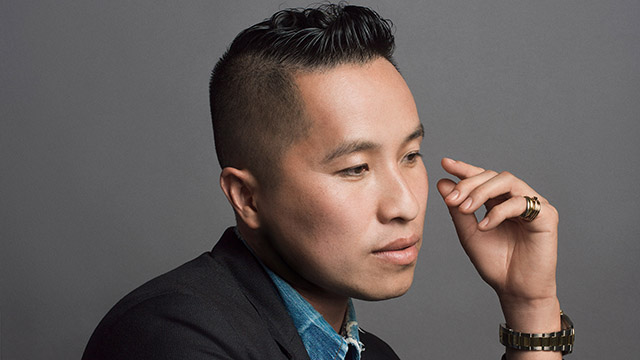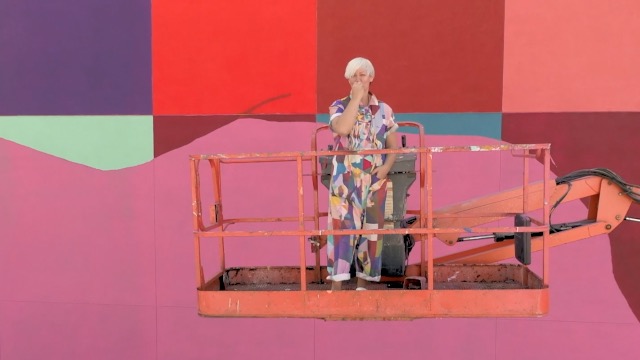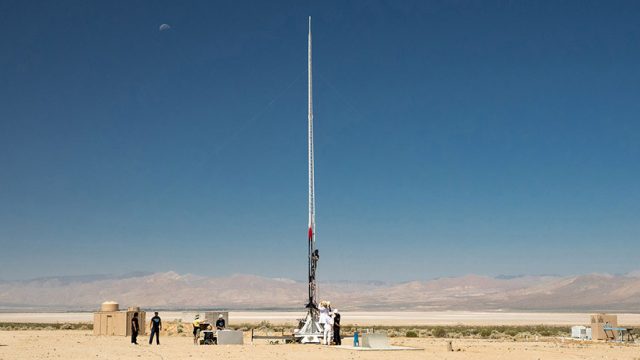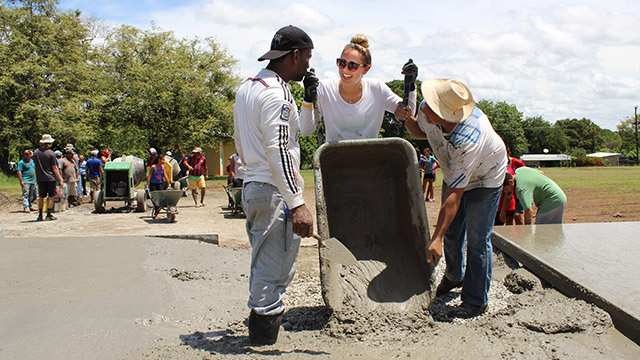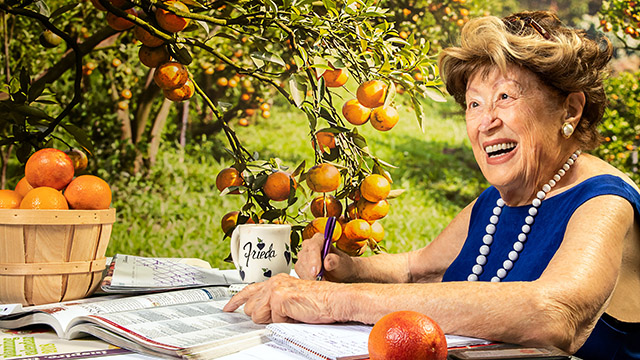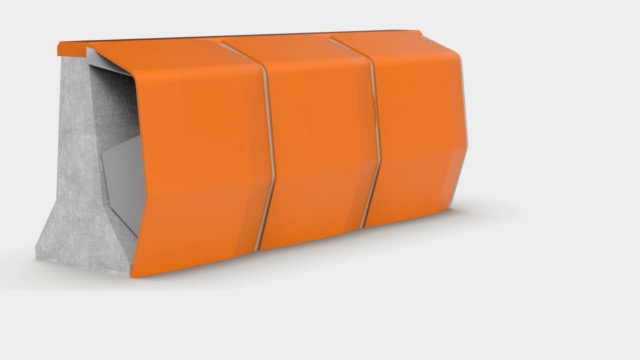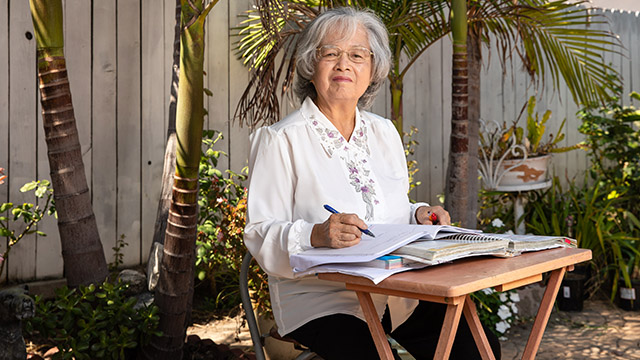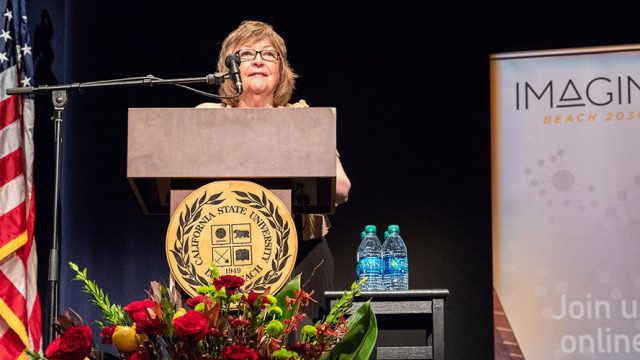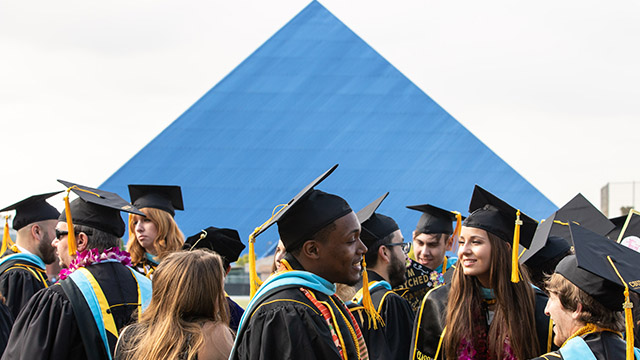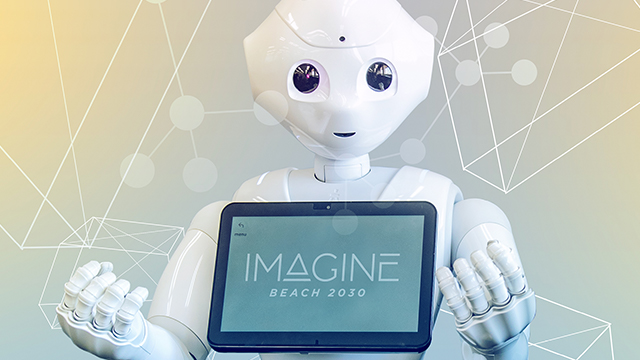To helping others
“Don’t ever feel sorry for yourself and always help others less fortunate than you.”
They were words that defined a life and a lifetime. A simple phrase that became the foundation of a young boy’s future and the motivation that would drive him to help others, those less fortunate.
Bob Murphy wasn’t yet a teenager when his mother reminded him of his blessings as they strolled through what used to be the Long Beach Veterans Hospital. She suggested he should use his advantages to aid the disadvantaged. The sight of veterans who had lost legs and arms made an indelible mark on the young boy, an impression he never forgot.
Not when he was in college at Long Beach State, as a project manager for Rockwell International or in retirement when he created the Murphy Family Foundation. Murphy has carried that mantra throughout his life and back to his alma mater, where he has donated $1.5 million to the under-construction Student Success Center.
His donation will be used for building out Disabled Student Services, a department he has favored for years, and help pave the way for so many learning-challenged students.



“It means a ton for us because we’re operating in the same space we’ve had for 19 years,” said DSS director Dave Sanfilippo. “Our student population has more than doubled and our staff population has more than doubled, so being able to have a space where we can actually serve our students will be nice. Most Disabled Student programs are tucked away in a corner and we have the front space in the building.”
The Student Success Center is expected to be completed in 2019 and will feature a prominent section for Disabled Students Services.
Murphy said he started his foundation in 1999 with two objectives. One was to make a difference in peoples’ everyday lives, and secondly, to bring his family together.
“I’m very much a family man,” Murphy said. “My parents were. We were very close and I was always so impressed.”
Murphy was equally impressed with President John Kennedy and his family. He read every book on the Kennedy family, which has been prominent in American politics, public service and business for eight decades.
“I was always like ‘Wow, I wish I could do that,’” Murphy said. “Now we certainly aren’t the Kennedys, but it was a major objective to be like that. That’s why I decided to do a family foundation.”
In 1999, Murphy started the Murphy Family Foundation with stock options he saved from his years at Rockwell International. Today, the foundation awards grants to 11 organizations, including Miller Children’s Hospital in Long Beach, National Sports Center for the Disabled in Colorado and Long Beach State.
Helping others has been Murphy’s lifelong intent since that initial visit to the hospital with his mother. His philanthropic gene initially showed up in college when he and a fraternity brother, Skip Kessal, sold Christmas trees with proceeds benefitting the Crippled Children’s Foundation.
One of his first projects with the Foundation was to create an annual Murphy Distinguished Volunteer Award to honor hospital volunteers. Two years later, the foundation handed out its first grant, which purchased adaptive skiing equipment for blind or amputee children at the National Sports Center for the Disabled.
“We helped them build special equipment for children who don’t have legs so they can ski,” Murphy said. “There are kids with no arms who now can ski, who are blind and ski. We loved it.”
While in Colorado, Murphy and his family also sponsored therapy animals for cancer-stricken children, before turning their focus on local communities. The Murphy family currently has set up the Pilot Project at Jordan High in Long Beach. The program enhances the quality of life for youth with disabilities and helps them become valuable members of society by giving them the educational steps to get to college.
Murphy said that of the 77 percent of students with disabilities who want to go to college, only about a third make it.
“We decided right from the start that we didn’t want to be a foundation that just gave to other larger foundations,” Murphy said. “And we didn’t want, like most foundations, to advertise what we do, what we were interested in and have a whole bunch of organizations come in and ask for money. We knew what we wanted to do.
“We developed the ability to go out and find our own projects and we started out in healthcare. We liked entrepreneurial ventures, people who were doing different things with great potential for making a difference for kids.”




